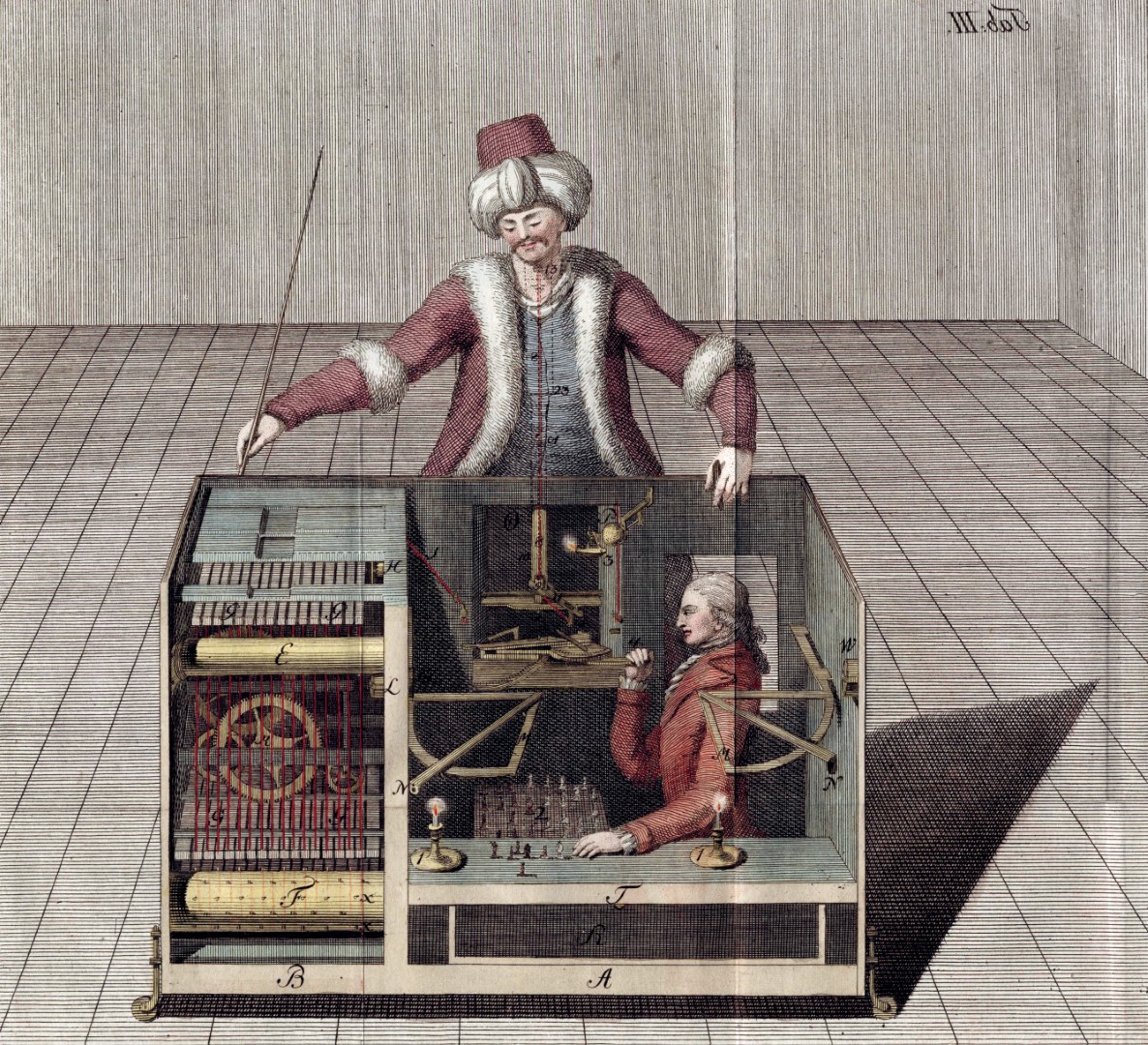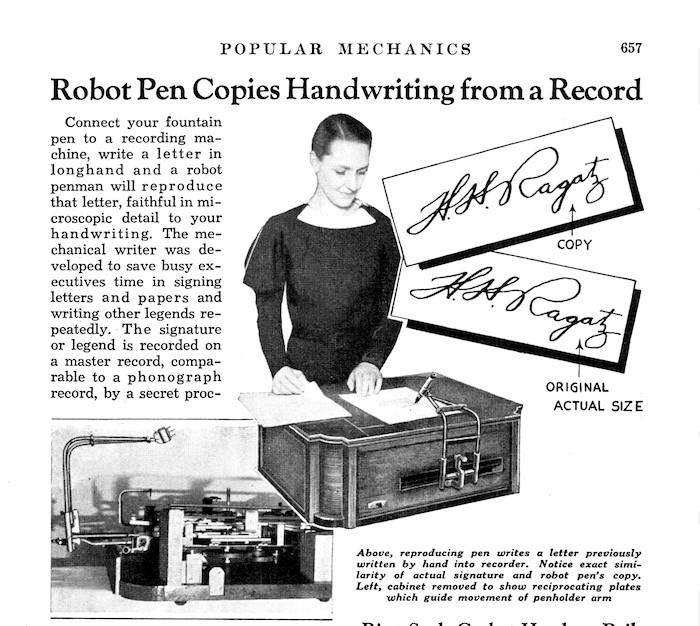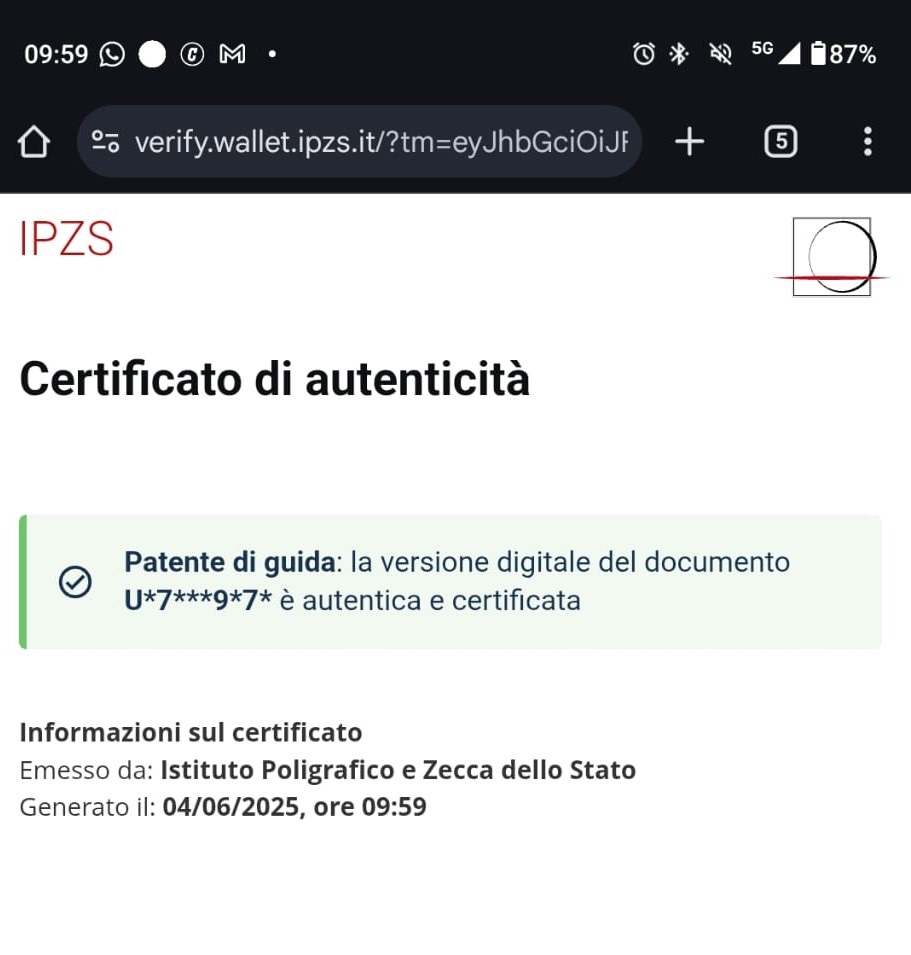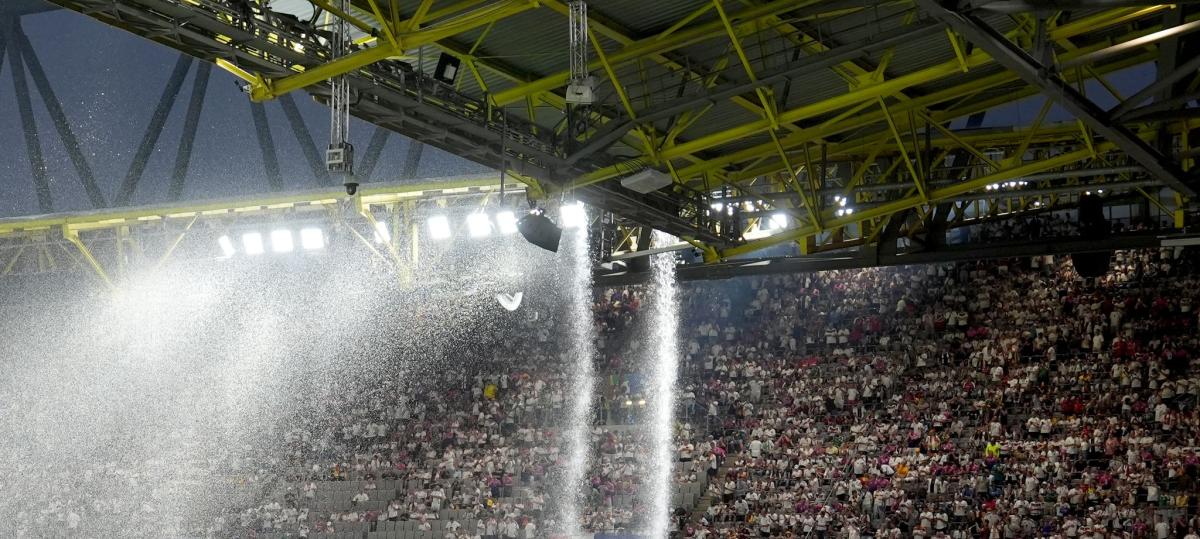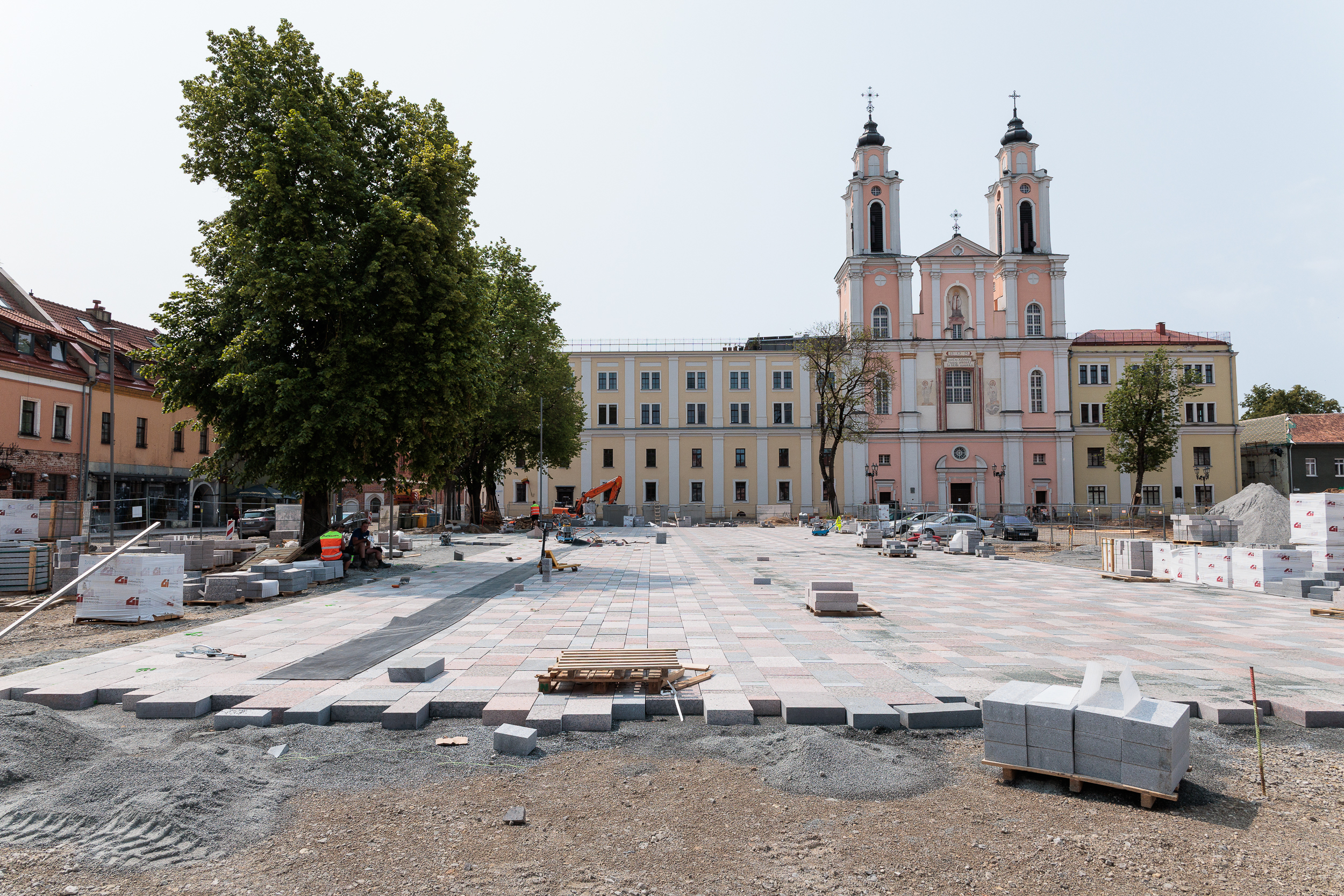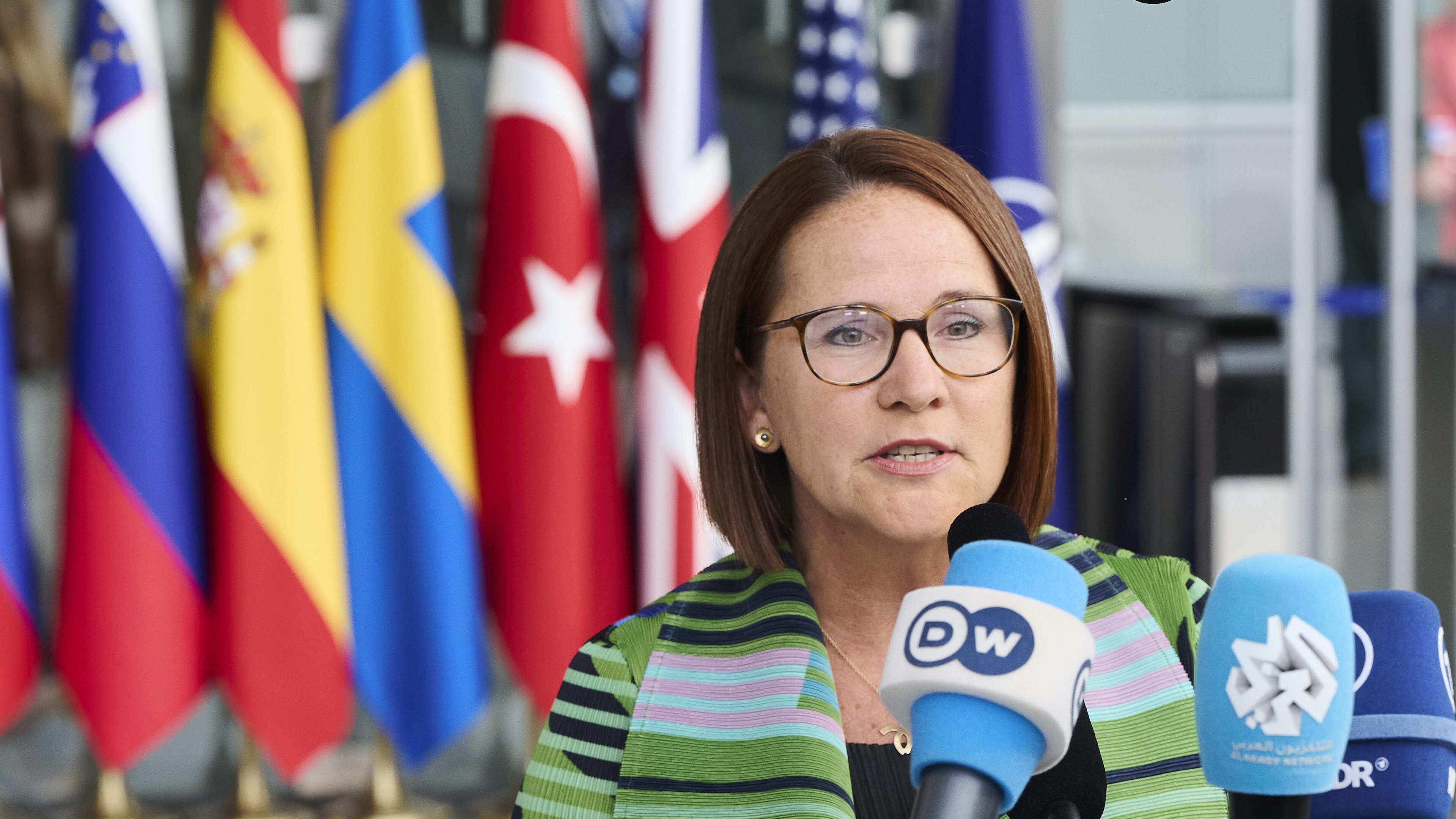Northeast, the new revolution: the « Schei » are now made with drones and artificial intelligence

How is the territory protagonist of the boom of the 80s and 90s the territory of digital? Here are the stories of start-ups and historical companies that have changed skin: « Here 70% of workers have a degree »
The hi-tech bottles that contained vaccines against Covid? They made them in Padua. And the first drones for civil use to get the ok from ENAC? Designed by a start -up in Bolzano. And guess who had the idea of developing the air conditioners who cool down The gigantic centers of calculation of artificial intelligence. Guessing, a Venetian company. Welcome to the Northeast that does The « Schei »thanks to the digitization and the challenges imposed by the future. For heaven’s sake, of companies that are putting themselves in step with the technological revolution there are anywhere in Italy but it is interesting to tell how this corner of the peninsula, protagonist of the last industrial revolution He is reacting to the changes imposed on the manufacturing industry.
The Veneto miracle is not over, it has turned
Where did we stay? In the Veneto of the 80s and 90s that was populated with sheds And it became a case studied all over the world: entrepreneurs started from nothing, with limited economic and cultural means, sometimes picturesque, but thanks to intuition and work ethics They became world leaders in unthinkable sectors: who in the production of poison for mice, some in reticolas for chicken coops, some in ovens for pizzerias. Was The last case of « social lift » of the history of Italy. How this territory is reacting to the global challenges that in some Italian districts (See the case of Fabriano) Are they causing industrial desertification?
As always it is necessary to start from the numbers. The « ICT 2024 » report curated by Istat tells us that Among the companies with at least 10 employees 8.2% already resort to artificial intelligence procedures. A fact that places Italy below the EU average where some countries touch an average of 12%. By restricting the field to the Northeast, the Industry 4.0 Observatory of Intesa Sanpaolo indicates that 75% of Triveneto companies now adopt digital technologies But that only one in 5 fees, by 2025, has investments in the green and digital transition. In short, a picture in chiaroscuro.
The drones of Flyingbasket, South Tyrolean jewel
And then there are the individual storiesthose that once again tell of a territory that has business culture in DNA. And wanting to tell them, these stories, there is only spoiled for choice. Last year the island of Ischia experienced a Transport of health material (blood and organic samples) via heaven from remote locations to hospitals. The transport was performed by cargo drones designed by Flyingbasket, hi-tech company based in Bolzano, « Jewel » of 22 employees from Italy, Germany, Spain, Belgium and India. A new solution for logistical operations with just 10 years of life behind them. Flyingbasket drones also completed the transport of Material from some ships to an offshore wind turbine park in Denmark.
The story of Vimar, from switches to home automation
We are talking – in this case – of a young reality, of a start -up who in a decade has consolidated his business. But the transition to the industry of the future has also invested active companies since the post -war period. Vimar was born in 1945 in Marostica (Vicenza) bursting switches for homes. Today not only does it produce articles and applications for home automation for houses and industries but has also launched into a Sustainability project that optimizes the quality of the products and minimizes waste to a minimum of material. A project developed in collaboration with Smact Competence Center. Innovation, therefore, but also attention to new needs.
Hiref, the calculations of artificial intelligence pass from Padua
But how do these transformations take place « seen from the inside »? It is worth telling the evolution of a single case, the Hiref, a group of the province of Padua who has developed cooling systems for the large calculation center indispensable to artificial intelligence. One thing that – trivially – until a handful of years ago did not exist. Alberto Salmistaro is Hiref’s CEO: «We started in 2001 – he says – as producers of traditional air conditioning systems, A very rooted supply chain in Veneto. Over the years, the demand by industries, banks, hospitals has grown: we realized that the need to process and deposit an infinite number of data was exploding. »
Also what is most intangible, requires a physical space and it is there that the Paduan company threw itself. “It was a niche problem, it became a global question. A question to which, with our machines we have answered ». From intuition to reality, the company literally had to change skin. As? « The time in which the entrepreneur presented himself to the customer with his catalog ended of products – Pspiega Salmistaro – Today the approach is: « What do you need? I solve the problem ». We identify a hole, and we slip there ». And this also led to a revolution in the « human geography » of the company: “70% of our employees graduated And many of them formed inside Hiref ».
From research centers to manufacturing
At this point of the narrative it is possible to put some staples. First: in the Northeast – but not only – The time of the entrepreneur « DIY » has passed, who comes out of nowhere. Second: In order not to be overwhelmed by the change, it is necessary to imagine a transfer of knowledge from research centers to the world of manufacture. Also in this case in Veneto there are those who have carried out with the program. This is the case of Instn, defined as « a network of interconnection between public and private research bodiesoriented towards the development of synergies among the multiple vocations of the territory, through the use of digital technologies and ecological transition « .
University, Research and Company
The final landing of the path, therefore, is the world of universities and the research, that of this Second revolution of « Schei » It has become the other side of the medal. Fabrizio Dongiero is the director of the industrial engineering department of the University of Padua. The teacher is a privileged witness of the elements of continuity and those of rupture of the Veneto of yesterday and today: «In recent years it seems that the Northeast has experienced a boom in tourism, of the food and wine supply chain. In reality, the manufacture remains the most important voice of GDP. In Veneto we register A company every 10 inhabitantstherefore the entrepreneurial spirit of this territory resists ». And this is undoubtedly an element of continuity.
The strength of innovation
«But the local economic fabric – continues Dongiero – is composed to large extent from small and very small companies where the added value given by elements that we define is low « intangible »: innovation, design, services. Over time this risks being a factor of weakness ». The question is therefore: how to help this range of companies with limited financial and human capital skills? «The jump to do – explains the teacher – is that From « Made in Italy » to « Made in Science »expand the added value determined by « intangible factors ». There is more need not to simple « business schools » but of business schools where contaminate economic, technological and even humanistic knowledge Because it is from the latter that creativity arises ».
From start -ups to companies « Plug in »
Last critical element that Dugchiero highlights: The number of start -ups remains low in Veneto. « But they are not needed » unicorns « , that is to say companies that have an immediate success but that support the already existing manufacture ». Dugchiero cites the intuition of Giulio Buciuni, researcher at the Trinity College in Dublin who studies Italy and the strategies to enhance the role of SMEs: « He talks about Companies « Plug in »i.e. they graft their knowledge on existing realities giving push and strength to innovate ».
Telling Italy / previous episodes


